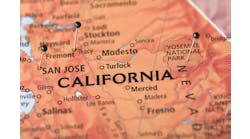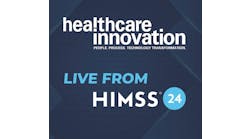According to a Sept. 30 press release, the U.S. Department of Health and Human Services (HHS), through the Health Resources and Services Administration (HRSA), awarded more than $266 million in American Rescue Plan funding to increase the community and public health workforce.
The release states that “HRSA is awarding $225.5 million to 83 grantees as part of the Community Health Worker Training Program, which is a new multiyear program that will support training and apprenticeship to support an estimated 13,000 new community health workers. Community health workers connect people to care, build trust within communities and facilitate communication between patients and health care providers. They can also be known as promotores de salud, community health advisors, outreach workers, patient navigators and peer counselors.”
“HRSA is also awarding $40.7 million to 29 grantees through the Public Health Scholarship Program, which will incentivize individuals to pursue training and careers in public health, including as epidemiologists and other positions critical to community public health needs,” the release adds. “This program will build public health workforce capacity in cities and states across the country.”
Community Health Worker Training Program awardees include:
- Atlanta-based Emory University
- Chicago-based Sinai Health System
- Baltimore, Md.-based Johns Hopkins University
A complete list can be accessed here.
Public Health Scholarship Program awardees include:
- University of California, Los Angeles
- George Washington University
- Rutgers, The State University of New Jersey
A complete list can be accessed here.
HHS Secretary Xavier Becerra was quoted in the release saying that "The Biden-Harris Administration is committed to building a robust health workforce to make communities healthy. Patients depend on community and public health workers for care and medical information. These investments will equip community and public health workers with the skill sets needed to provide effective community outreach, increase access to care, and assist individuals with critical prevention and treatment services.”


